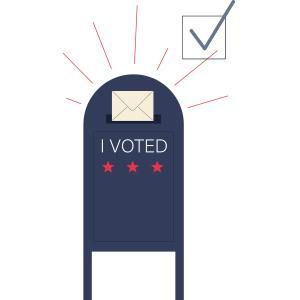
Household Music - Finding My Own Groove
“There’s a step stool there if you need it,” said the bespectacled vinyl vendor, mercifully. I stood on my tippy toes with much strain, wishing I was a few inches taller to reach the crates in the back, the floral tote bag on my shoulder already heavy with more WFMU Record Fair finds than I’d budgeted for.
I also wished for better dexterity as I could tell the smug hipster next to me was waiting for me to leaf through the offerings faster, further adding to my strain as I was shaking from the thrill of the find, a hot flash coming on.
My first year at the fair, I felt like an amateur, convinced I didn’t know what I was doing. I was too aimless to belong there, wandering through the aisles unsure of what I was looking for, or whether I should be looking for something specific at all.
I wasn’t new to exploring music, but I was new to exploring it on vinyl.
I also wished for better dexterity as I could tell the smug hipster next to me was waiting for me to leaf through the offerings faster, further adding to my strain as I was shaking from the thrill of the find, a hot flash coming on.
My first year at the fair, I felt like an amateur, convinced I didn’t know what I was doing. I was too aimless to belong there, wandering through the aisles unsure of what I was looking for, or whether I should be looking for something specific at all.
I wasn’t new to exploring music, but I was new to exploring it on vinyl.








